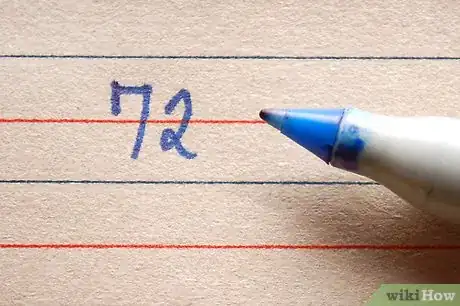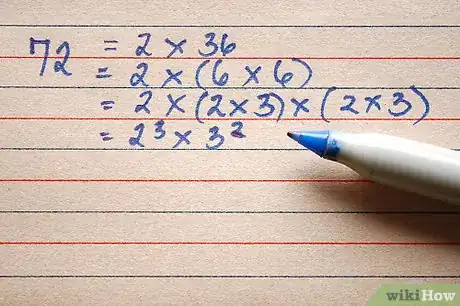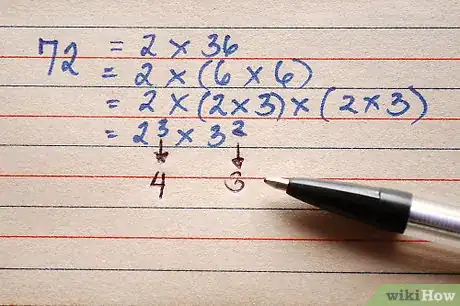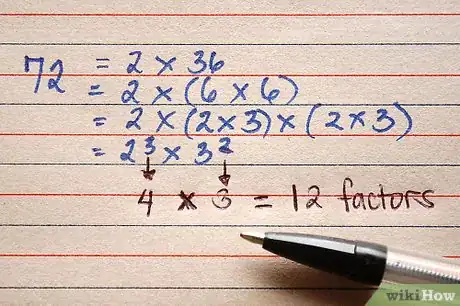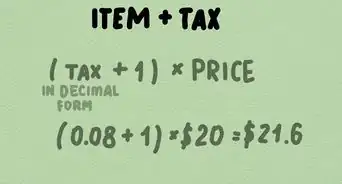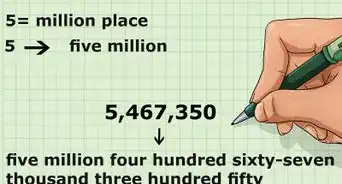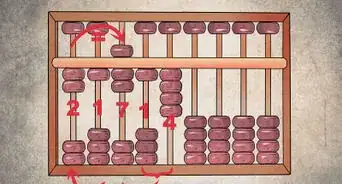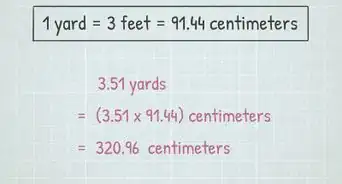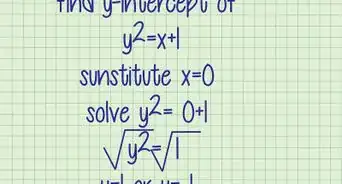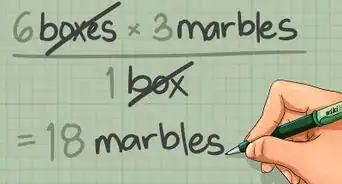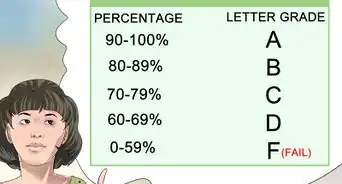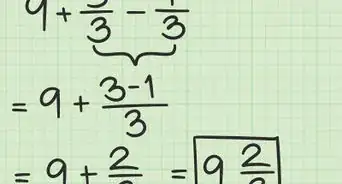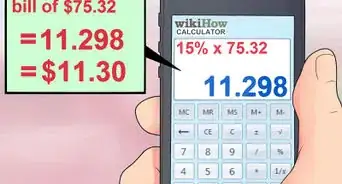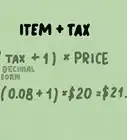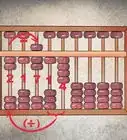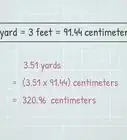X
This article was co-authored by wikiHow Staff. Our trained team of editors and researchers validate articles for accuracy and comprehensiveness. wikiHow's Content Management Team carefully monitors the work from our editorial staff to ensure that each article is backed by trusted research and meets our high quality standards.
This article has been viewed 352,997 times.
Learn more...
Finding how many factors are in a number is as easy a 1 2 3 if you know how to do it.[1]
But for larger numbers, you can't just count one by one. This is a nice trick to find how many factors are in an integer.
Steps
-
1Identify the number. Any number in the world, but it's best to start with the simpler ones.
- Take 72, for example, but the number could be denoted by a variable.
-
2Calculate the Prime Factorization of the number.[2] There are many methods of doing this, but usually, the simplest way is to make a factor tree.[3] This works because according to number theory, every integer (except -1, 0, and 1) has a number of prime numbers that, when multiplied together, will equal the number. Remember that 0 and 1 are not prime numbers.
- 72 should be factorized into 2 and 36, 2, 6, and 6, and finally, 2, 2, 3, 2, 3, which equals 23*32.
Advertisement -
3Take all the exponents and add one to each of them.[4]
- In the example 23 and 32, the exponents are 3 and 2 - adding one to each will make them 4 and 3.
-
4Multiply the modified exponents together.[5]
- 4 x 3 = 12. There are 12 factors for the number 72 - 1, 2, 3, 4, 6, 8, 9, 12, 18, 24, 36, and 72.
Advertisement
Community Q&A
Did you know you can get answers researched by wikiHow Staff?
Unlock staff-researched answers by supporting wikiHow
-
QuestionHow do you find all the factors of a number on a calculator?
 wikiHow Staff EditorThis answer was written by one of our trained team of researchers who validated it for accuracy and comprehensiveness.
wikiHow Staff EditorThis answer was written by one of our trained team of researchers who validated it for accuracy and comprehensiveness.
Staff Answer wikiHow Staff EditorStaff Answer
wikiHow Staff EditorStaff Answer -
QuestionHow many factors does each number have?
 wikiHow Staff EditorThis answer was written by one of our trained team of researchers who validated it for accuracy and comprehensiveness.
wikiHow Staff EditorThis answer was written by one of our trained team of researchers who validated it for accuracy and comprehensiveness.
Staff Answer wikiHow Staff EditorStaff AnswerThis is a difficult question to answer, since there is an infinite number of numbers. Every number has at least 2 factors (1, and the number itself). Some numbers, known as “highly composite numbers,” can have very large numbers of factors. For example, 840 has 32 factors. For more information, check out the work of Achim Flammenkamp, who has created an algorithm for finding highly composite numbers.
wikiHow Staff EditorStaff AnswerThis is a difficult question to answer, since there is an infinite number of numbers. Every number has at least 2 factors (1, and the number itself). Some numbers, known as “highly composite numbers,” can have very large numbers of factors. For example, 840 has 32 factors. For more information, check out the work of Achim Flammenkamp, who has created an algorithm for finding highly composite numbers. -
QuestionWhat is the fastest way to find the factors of a number?
 wikiHow Staff EditorThis answer was written by one of our trained team of researchers who validated it for accuracy and comprehensiveness.
wikiHow Staff EditorThis answer was written by one of our trained team of researchers who validated it for accuracy and comprehensiveness.
Staff Answer wikiHow Staff EditorStaff Answer
wikiHow Staff EditorStaff Answer
Advertisement
Examples
7540
- Prime Factorization - 225(29)(13). Now, because x1 = x, 29, 13, and 5 all have exponents to the first power.
- Add exponents by one. 3, 2, 2, 2.
- Multiply the modified exponents together. There are 24 factors of the number 7540.
15802
- Prime Factorization - 2(7901)
- Modify exponents - 2, 2
- Multiply. There are four factors of the number 15802 - 1, 2, 7901, 15802. 7901 is a prime number.
References
- ↑ https://www.bbc.co.uk/bitesize/topics/zfq7hyc/articles/zp6wfcw
- ↑ https://www.mathsisfun.com/prime-factorization.html
- ↑ https://www.helpingwithmath.com/by_subject/factors_multiples/fac_prime_factorization.htm
- ↑ https://www.khanacademy.org/math/pre-algebra/pre-algebra-factors-multiples/pre-algebra-prime-factorization-prealg/v/prime-factorization
- ↑ https://www.mathsisfun.com/numbers/factors-all-tool.html
- ↑ https://www.cuemath.com/numbers/factors/
About This Article
Advertisement
